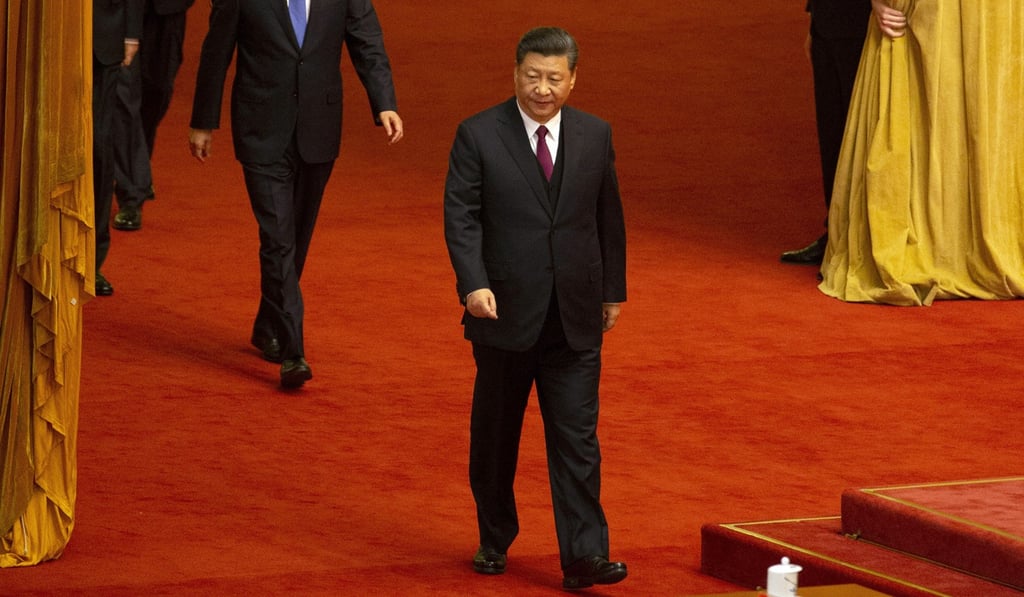Sino File | 100 years on from China’s May Fourth Movement, its message is being co-opted by the Communist Party
- The anti-imperialist messages of 1919 fit well with President Xi Jinping’s agenda of ‘national rejuvenation’, but the students’ calls for democracy and pluralism have been conveniently ignored

No historical event may prove as contradictory for the Chinese Communist Party as the country’s student-led protests of 1919.
The May Fourth Movement inspired the party’s ideology to a degree, but also spawned long-lasting calls to end authoritarianism.
The nation’s leadership today has big reason to celebrate the centenary on Saturday – May 4 is seen as a prelude to the party’s founding in 1921. However, the student demonstrators also wanted China to embrace Western ideas such as democracy, pluralism and liberalism, despite their core message of anti-imperialism.

A decision at the Versailles Peace Conference in Paris that year to allow the Japanese to occupy former German concessions in China after the first world war sparked protests largely aimed at foreigners. But the students taking to the streets also saw Western-style reforms as an antidote to imperial and feudal forms of government in the warlord era. Their motivations continue to highlight the contradictions of communist rule in China.
The upheaval of 1919 took place against the backdrop of intellectual fervour about “modernising” Chinese culture through language and educational reforms – ideas which became known as the New Culture Movement. China’s intelligentsia had reached widespread consensus on what they called “Mr Science and Mr Democracy”. They advocated individual liberties, humanism and academic freedom.
